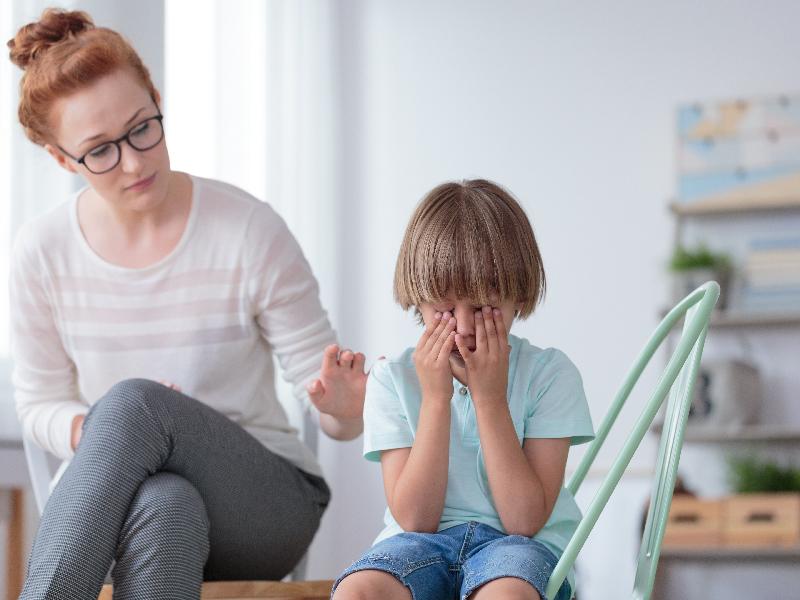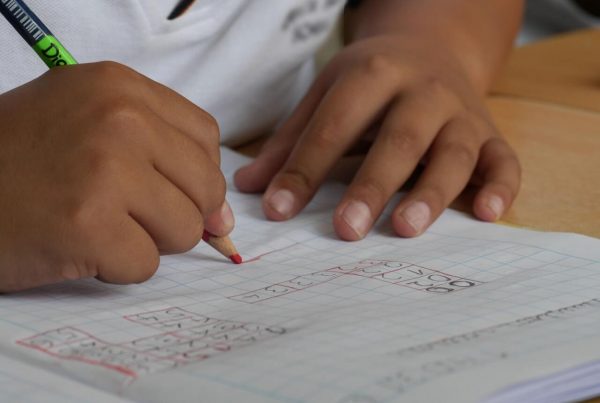
When you have a child with a non-verbal learning disorder, you may be at a loss as to how to manage the behaviors or consequences encountered on a regular basis. Whether your child is being shunned at school or disruptive in class, these situations can take a toll on everyone. On a cognitive level, you may understand why your child is doing what they do, but there’s more to it than that. The good news is that there are ways to shift your perspective so you can do what’s best for your kid.
Engage with Social Cues
Your child may not intuitively understand social cues, though this doesn’t mean they can’t be guided to explore and recognize them. Role-playing, watching others, or simply asking questions can help them engage with the various subtleties of social cues, and how to best respond to each situation. Your child likely has strong verbal skills, so encourage them to talk out the problem during these sessions. If you hire a professional to work with your child, it’s crucial for you to observe and reinforce what they’ve learned.
Stick with It
NLVD tends to become more pronounced as the child gets older, which can feel as though nothing can be done. However, just because you’re seeing the natural progression of the condition, doesn’t mean your efforts aren’t working. Don’t be discouraged if your child becomes frustrated or seems to get worse. It is possible to help them hone specific skills if you’re prepared to go the distance.
Learn More
No one has a crystal-clear understanding of non-verbal Learning disorder, since it is still relatively new in the medical field. Thus, it’s essential to keep abreast of all new research and treatment approaches to have a better understanding of what’s going on in your child’s mind. Parents who take the time to do the research will feel more prepared when it comes to relating to their child. This is also a great way to find and connect with other parents to build a supportive community.
Swap Stories
Each child with NLVD will display different symptoms, and the difference between each child’s behaviors may be tremendous. Although sharing stories isn’t the same as doing serious research, it may offer more insight as to how your child’s NLVD manifests in the real world. You’re also likely to get honest answers about different types of non-verbal learning disorder treatment. For instance, if other parents are trying different types of occupational intervention (OT), you can learn more about how certain tactics help each child target specific deficits and set more manageable goals.
Non-Verbal Learning Disorder Treatment
Any parent who is concerned about their child’s NLVD is already starting in the right place. Once you understand more about your child’s exact struggles, a treatment plan can be shaped in such a way that makes sense. If a child is having difficulty forming friendships or controlling their fine motor skills, there are intervention techniques that can improve their emotional and physical capabilities. To learn more, contact us today.



